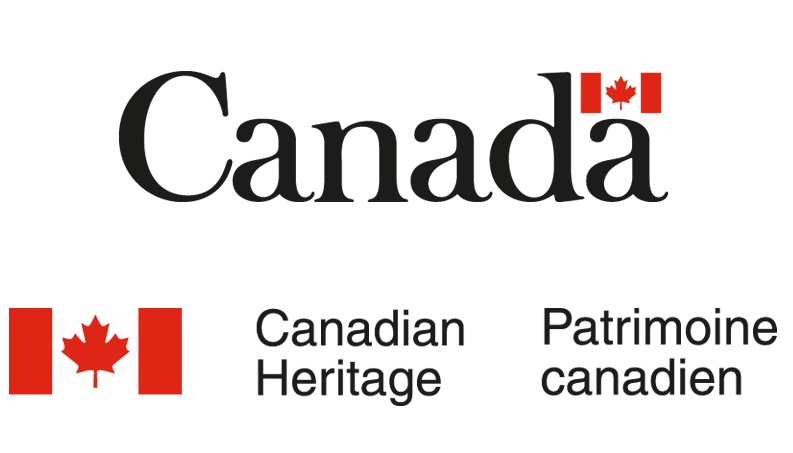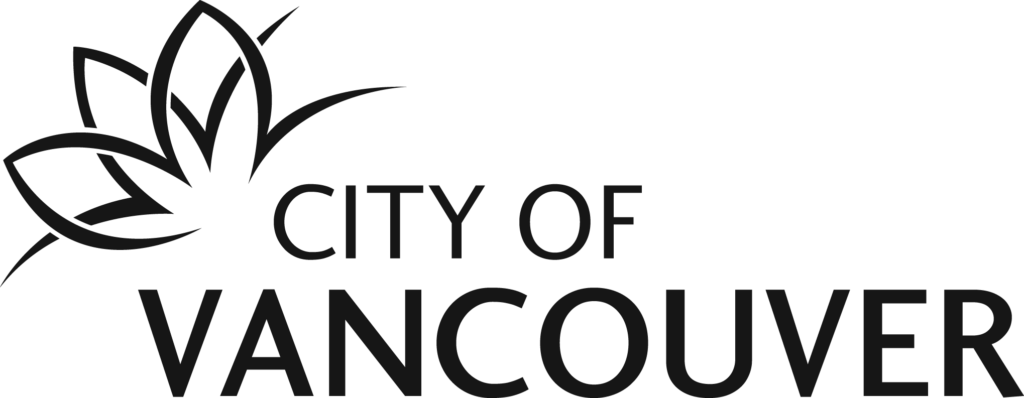Blood Wedding: A Trans Fantasia
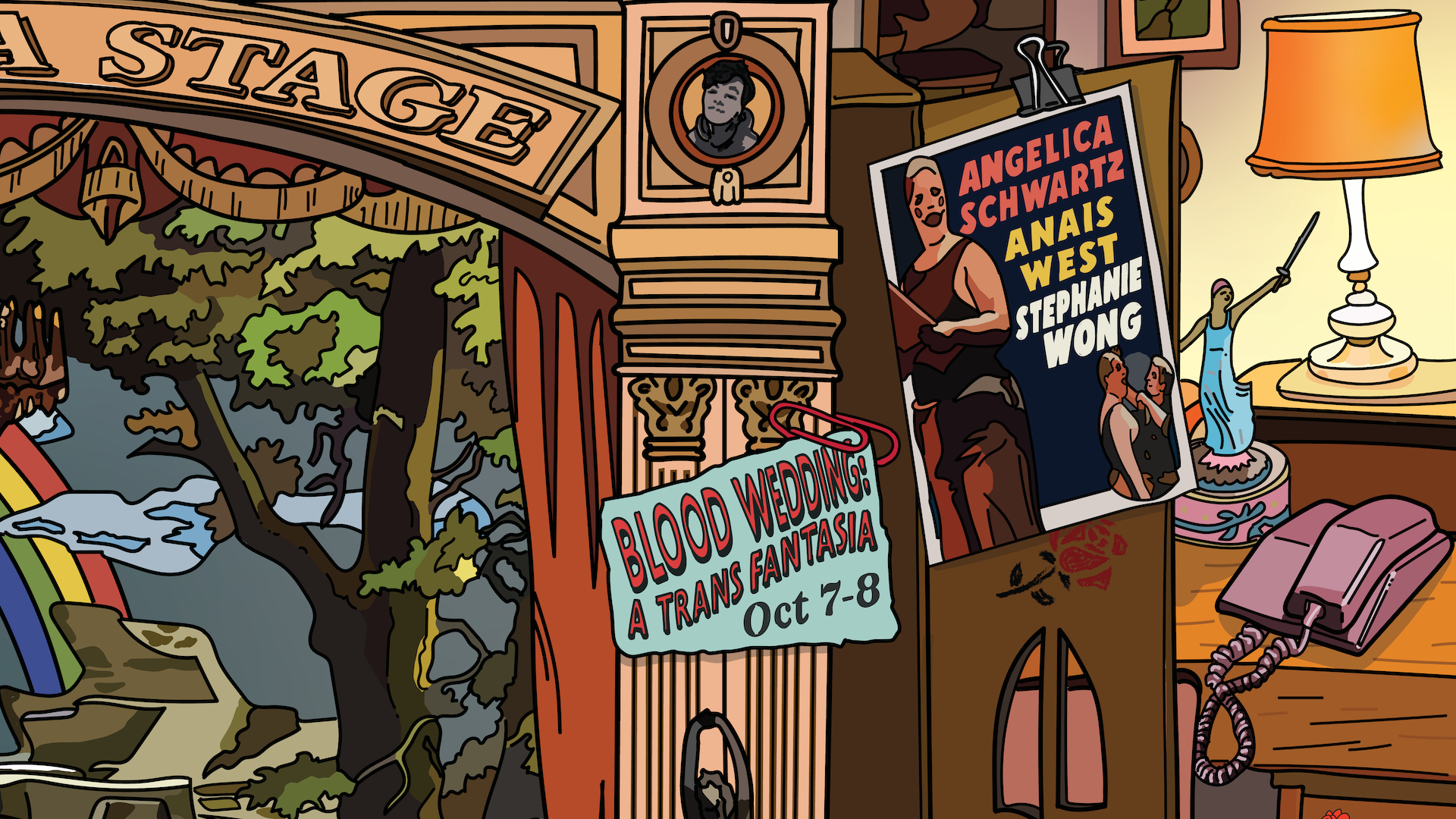
In a 1960s motel, a queer and trans theatre troupe enact a surreal re-telling of Federico García Lorca’s Blood Wedding. Combining original text and music with Lorca’s poetry, plays, and his unfinished avant-guard script, El público, Blood Wedding is a meta-theatrical love letter to a queer ancestor. It embraces nostalgia, fantasy and pleasure, imagining what Lorca’s work could have been, if he had not been confined by the repressive sexual and gender norms of 1930s Spanish society. For What Lab’s It’s Not a Stage series, excerpts will be shown from this in-development piece.
Credits
Created by Angelica Schwartz, Anais West, and Stephanie Wong
Adapted from Federico García Lorca
Written by Anais West
Directed by Angelica Schwartz
Dramaturged by Stephanie Wong
Stage Managed by Alexa Fraser
Tech by Brianna Bernard
Production design by Andie Lloyd
With performances by Emily Jane King, Cam Legg, Pedro Augusto Meza, Rae Takei, Kelsey Kanatan Wavey, and Sally Zori.
A happy/accidents production, in association with Neworld Theatre.
With generous support from the Canada Council for the Arts, the National Theatre School of Canada, Deer Lake AiR, What Lab, and Tara Cheyenne Performance.
Artist Info
Angelica Schwartz (they/them) is a director and creator from Treaty 1 Territory (Winnipeg, MB) currently residing on the ancestral and unceded lands of the xʷməθkwəy̓əm (Musqueam), Skwxwú7mesh (Squamish), and Səl̓ílwətaʔ (Tsleil-Waututh) peoples in Vancouver, BC. With a Jessie Award already under their belt, Schwartz is a visionary dedicated to community building, redefining leadership models, and embracing hope in the face of uncertainty. Beyond their numerous company credits including work with The National Arts Centre, Buddies in Bad Times, Electric Company Theatre, Rumble Theatre, Royal Manitoba Theatre Centre, and Winnipeg Jewish Theatre, Schwartz also serves as the community engagement manager for Neworld Theatre. A graduate of the National Theatre School of Canada’s Directing and Studio 58’s Technical Production programs, Schwartz’s work is inspired by Emergent Strategy by adrienne maree brown and interrogating normative narratives whilst finding humour and play in everything they do. To learn more about Schwartz’s work, visit angelicaschwartz.com.
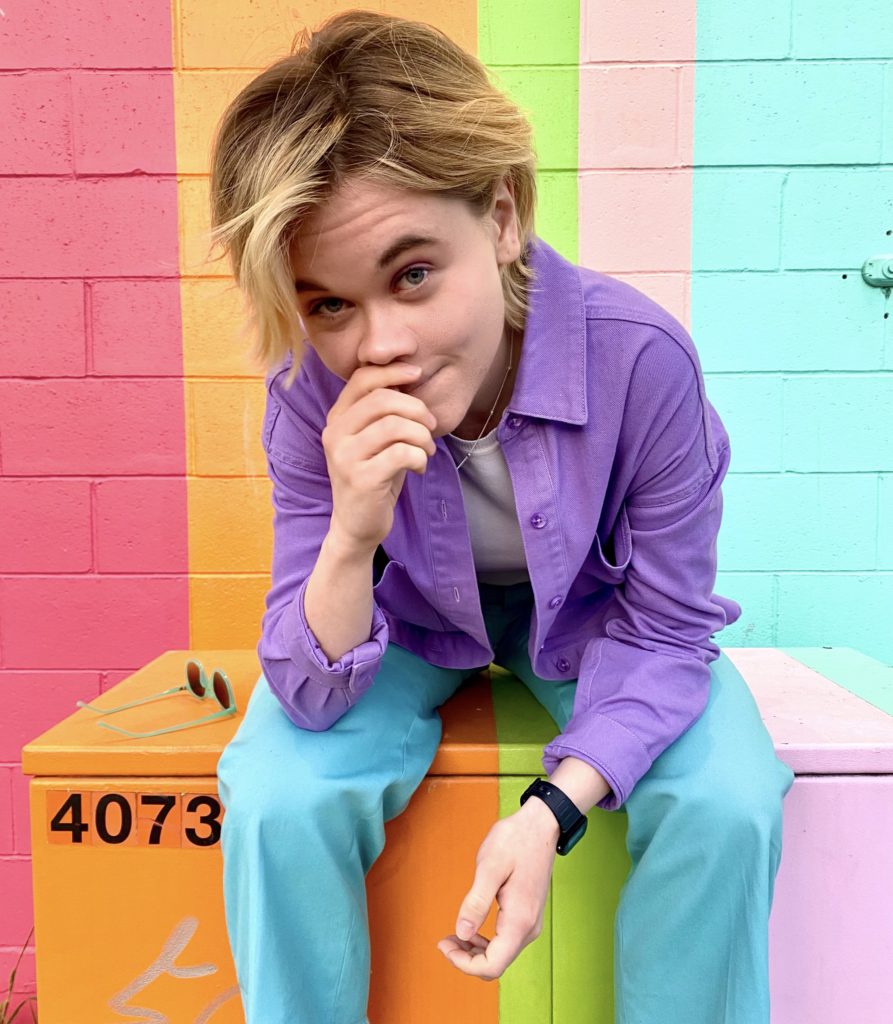
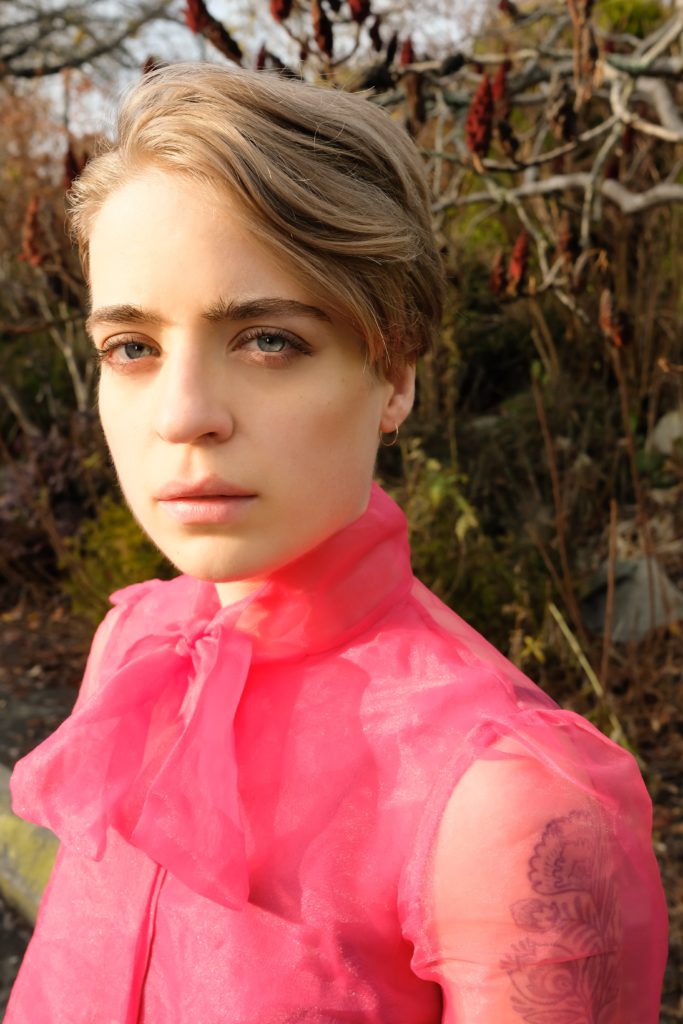
Anais West (they/he/she) is a Jessie-nominated playwright, actor and producer. They are also a trans Polish settler on occupied Musqueam, Squamish and Tsleil-Waututh lands. His projects have merged theatre with film, poetry, music and dance, using collaboration and interdisciplinary approaches to explore the multiplicity within gender, sexuality, culture and language. Anais’ writing includes Kill Your Lovers, (Buddies In Bad Times Theatre’s Rhubarb Festival, Toronto, and the Fresh Fruit Festival, NYC), Poly Queer Love Ballad (Queer Arts Festival, the frank theatre and Zee Zee Theatre, Vancouver, and Theatre Passe Muraille, Toronto), The Café (Aphotic Theatre, ITSAZOO theatre and the PuSh Festival) and Underground Absolute Fiction (Rumble Theatre’s Tremor’s Festival.) Recent acting credits include the national tour of Un.Deux.Trois by Mani Soleymanlou (Orange Noyée and the National Arts Centre), and White Noise by Taran Kootenhayoo (Savage Society and the Firehall Arts Centre). He is also the Artistic Producer at the frank theatre company.
Stephanie Wong (she/they), originally from Hong Kong, is a multidisplinary artist currently residing on the ancestral territories of xʷməθkwəy̓əm (Musqueam), Skwxwú7mesh (Squamish), and Səl̓ílwətaʔ (Tsleil-Waututh) peoples in Vancouver, BC. Having graduated from Studio 58’s acting program, Stephanie’s artistic journey has spanned Canada and the USA, embracing roles as an actor, set designer, director, and creative collaborative. By honouring the intersections of her professional and personal experiences, their art seeks to amplify the stories of those most unheard, exploring themes of culture, connection, and coexistence. A pivotal member of the emerging theatre collective happy/accidents and holding the role of Artistic Associate at re:Naissance Opera. Her inaugural short film “bàba,” a creation encompassing her writing, direction, and design, has graced festivals in Vancouver, New York, LA, London, and Berlin. Stephanie has had the pleasure working with companies such as Theatre Replacement, Neworld Theatre, Buddies in Bad Times, The Arts Club, and many more.
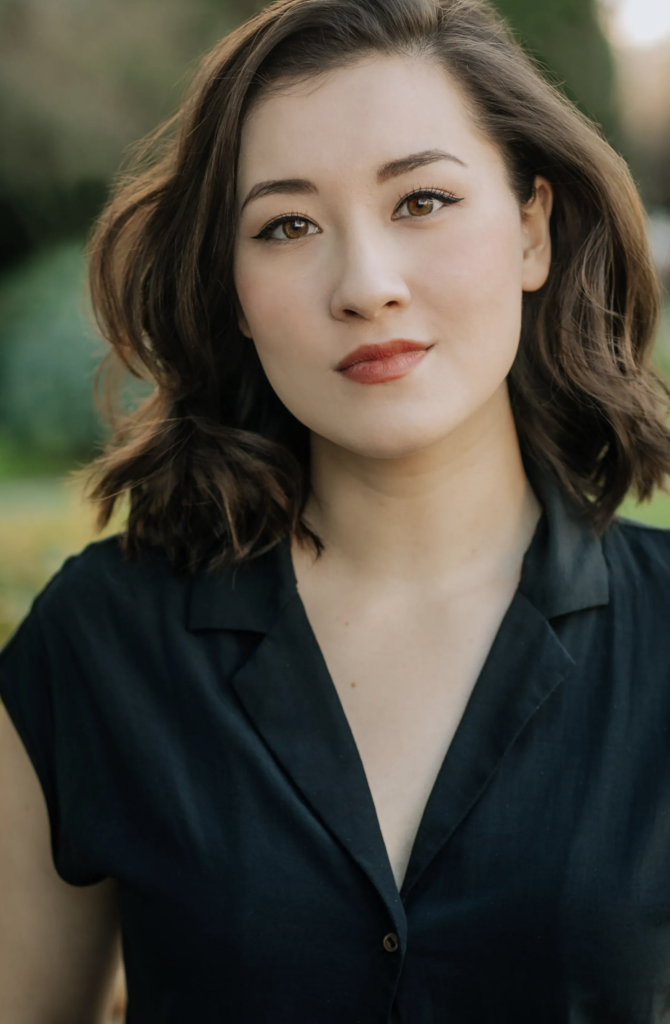
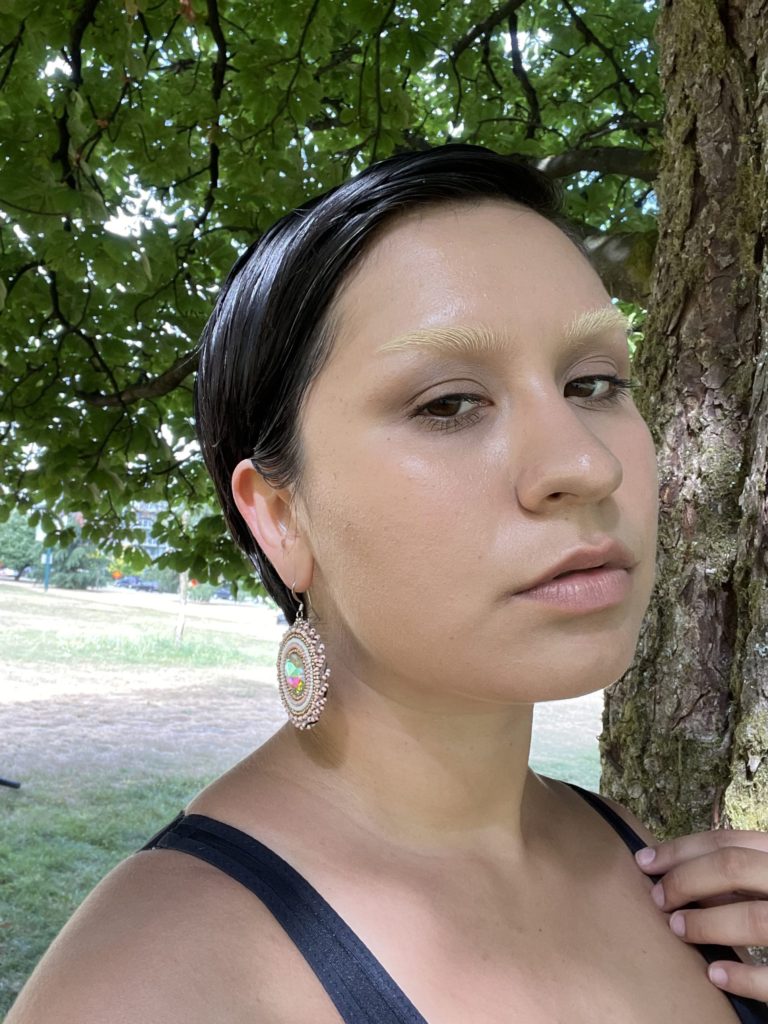
Kelsey Kanatan Wavey (they/she/he) is a gender-fluid multidisciplinary artist currently based in so-called Vancouver. Kelsey was born and raised in Treaty 1, Winnipeg, is 5th generation settler of German/British/Norwegian ancestry and Muskeg Ininowahk (Swampy Cree), and is a proud member of Tataskweyak Cree Nation (Treaty #5). Kelsey attended Studio 58 to study acting, and has been working as an actor, writer, director, and curator since graduating in 2019. Kelsey is also a singer and is working on self-releasing their work with Indigenous indie pop duo “EVERB0DY”, as well as sings with two femme inidienous drumming group “M’girl” and “iskwew singers”. Some of their recent theatre acting work includes In My Day (Zeezee theatre), The Rez Sisters, Women of the Fur Trade (MTC), Making the Mystics, Break Horizons: a Concert Documentary (Urban Ink and The Cultch). Kelsey will be You may have seen their recent directing work in Cerulean Blue (Studio 58) and Gather: Stories in Nature (Neworld and Pacific Theatre
Accessibility Info
What Lab is located at 1814 Pandora Street. There is no dedicated parking, only street parking. The venue is located on the second floor up one flight of stairs, but there is a ground level accessible entrance through the back of the building. Seating is typically informal, and will include some combination of chairs, floor seating, couches, and cushions. There is one single-occupancy, gender-inclusive washroom. The washroom is not big enough for larger style wheelchairs to completely turn around in while the door is open. We are a trans-inclusive space.
This presentation is funded in part by
